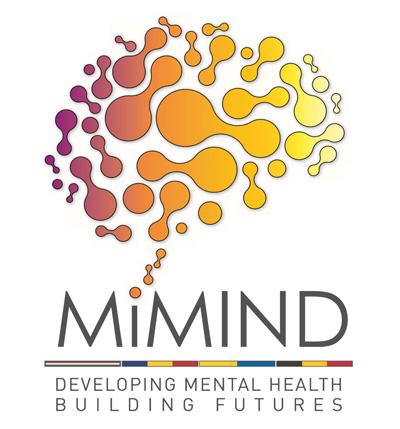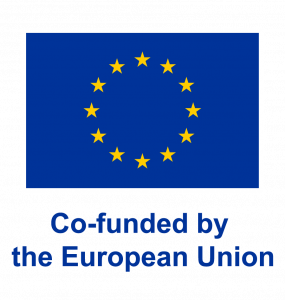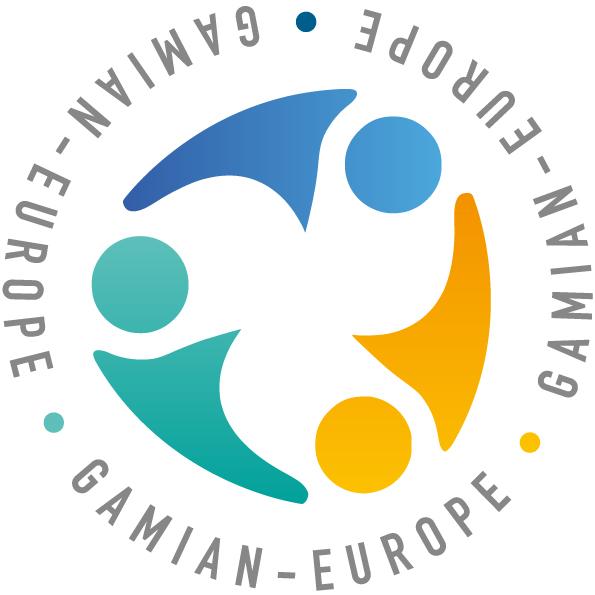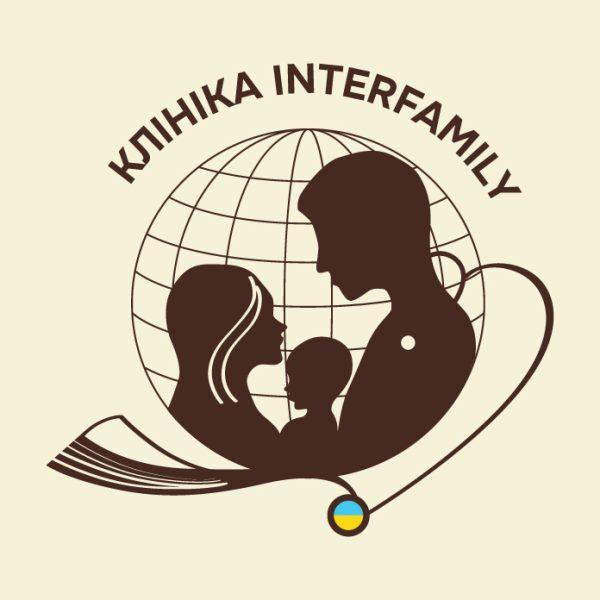Mental ill-health constitutes a significant public health challenge in the European Union, not only for individuals but also for social protection systems and the overall economy. Migrants, refugees and internally displaced people often encounter psychological challenges stemming from pre-migration traumatic experiences and distress due to their recent arrival in a new country or settlement.

MiMIND aims at promoting good mental health and preventing mental health problems among migrants, refugees, and internally displaced people from Ukraine through the methodological support of the integration and essential services (healthcare and social care, education and employment), often being displaced people’s only contact to and support in the new host environment. 5 partners from 3 countries will collect and adapt existing EU and global best and promising practices, approaches, tools and implementable research results on mental health assessment and promotion, and incorporate them into two Codes of Good Practices, supporting integration services. Partners will test elements of these Codes in pilot actions in Hungary, Romania and Ukraine, promoting mental health in family-based interventions, in a school setting and in primary health care.
The MiMIND project follows three main steps:
Short-term impact
The short-term impact of the project will be felt through the results of the pilot activities. Although the aim of the project is to promote good mental health and prevention of mental health problems of migrants, refugees and internally displaced people from Ukraine by providing methodological support to integration and essential services in mental health assessment and promotion and mental disorders management of displaced people, through the testing of elements of the developed methodologies, namely the Code of Good Practice on mental health assessment (COP-MHA) and the Code of Good Practice on mental health promotion (COP-MHP), displaced people from Ukraine (and in some cases from other nations) will experience the project’s impact first-hand during the project period.
Based on available data, in Hungary around 50 refugees are expected to get involved in family-based psychosocial interventions via HCSOM’s integration program, running through 12 months. While in Romania, around 20 refugee children’s mental health will be supported by SAMR through tested best practices and tools of the COP-MHP in school settings, addressing not only children but their environment as well. In the Ukrainian pilot FMC aims to reach and engage around 100 GPs from the Transcarpathian region, who provide primary
health care to about 200.000 inhabitants.
Nevertheless, the project aims to have a direct impact on the practices of professionals in integration services and in primary health care in Ukraine. While through the pilot actions mainly Ukrainian, but also other nationality refugees will be involved in the project, the real change will be felt in the adjusted practices of the above mentioned services, creating a much more lasting effect and enabling the mental health promotion of a much wider spectrum of refugees.
Through the extensive dissemination activities even beyond project implementation, thanks to GAMIAN’s network of members and its embeddedness into the EU policy arena and to the continuous synergy work with the ongoing JA Healthier Together – Mental Health, organisations involved in integration and essential services across Europe will get notice of the methodologies developed, serving as a methodological guideline for them, supporting their efforts in mental health promotion and prevention of mental disorders.
Medium-term impact (3-5 years)
In the medium term, the COP-based practices in integration services in Hungary and Romania and primary health care in Ukraine are expected to be solidified and entirely integrated, which leads to supporting 300 refugees on yearly average in their mental well-being in Hungary and Romania, and around 200.000 people living in Ukraine.
Furthermore, it is expected that the essential services (health and social care, education, employment) will take up the guidelines and recommendations tailored for them and start implementing practices of trauma-informed service provision and care, thus significantly reducing stress factors experienced by displaced people during the integration/resettlement period, as well as being able to detect and manage detected mental disorders in partner countries. This is ensured via the engagement of professional stakeholder groups in the development of the sector-specific guidelines and recommendations (T4.1), but also via the innate need to be able to cope with trauma-related cases. Through the professionals working in essential services, the mental well-being of migrants and refugees can be significantly improved in partner countries and across Europe due to MiMIND’s extensive dissemination activities. Looking at the statistics on forced migration in Europe, it could impact the lives of millions in the long run, given the political commitment.
Beyond professionals of essential services, sectoral policy-makers are to be provided with recommendations on the integration of mental health aspects in sectoral policies, thus enabling them to induce systemic change in mental health promotion.
Long-term impact (10-15 years)
The significant improvement of the mental health situation of migrants and refugees requires the commitment and long term financial support of the member states. In the longer term, improvements in mental health indicators can be expected.
The two Codes of Good Practice developed support other organisations working with migrants and refugees in Europe. The long-term impact of the project is more trauma-informed and better-equipped social and health care, education and employment sectors in partner countries, which are able to detect, treat or manage mental health disorders and reduce post-migratory stressors of migrants and refugees, resulting in easier integration and more resilient and capable individuals, leading to a more stabilized mental health care in Europe.
The project will improve public health in the Union through implementing mental health promotion, mental health detection and management among migrants, refugees and displaced people. MiMIND will strengthen the services provided by organisations involved in integration concerning mental health, reduce the burden of national mental health care systems and facilitate cooperation between national systems in the field of mental health.
MiMIND is co-financed by the EU4HEALTH Programme of the European Union under Grant Agreement No. 101161289 (HaDEA). On this website, we provide detailed information for the project entitled “Methodology development for migrants’ and refugees’ mental health promotion during integration into a new host environment“.
The general objective of the MiMIND project is to promote good mental health and prevention of mental health problems of migrants, refugees and internally displaced people from Ukraine, in order to reduce the burden of mental health problems in the Union, through the methodological support of the integration and essential services (healthcare, social care, education and employment).
MiMind Website: https://mimind.maltai.hu/

Partners

Hungarian Charity Service of the Order of Malta (HCSOM)
https://maltai.hu/

Order of Malta Relief Organisation in Romania (SAMR)
https://romaniaembassy.orderofmalta.int/en/

Global Alliance of Mental Illness Advocacy Network (GAMIAN-Europe)
https://www.gamian.eu/

International Family Medicine Clinic for Internally Displaced People (FMC)

Semmelweis University, Health Services Management Training Centre (SE)
https://semmelweis.hu/emk/en/